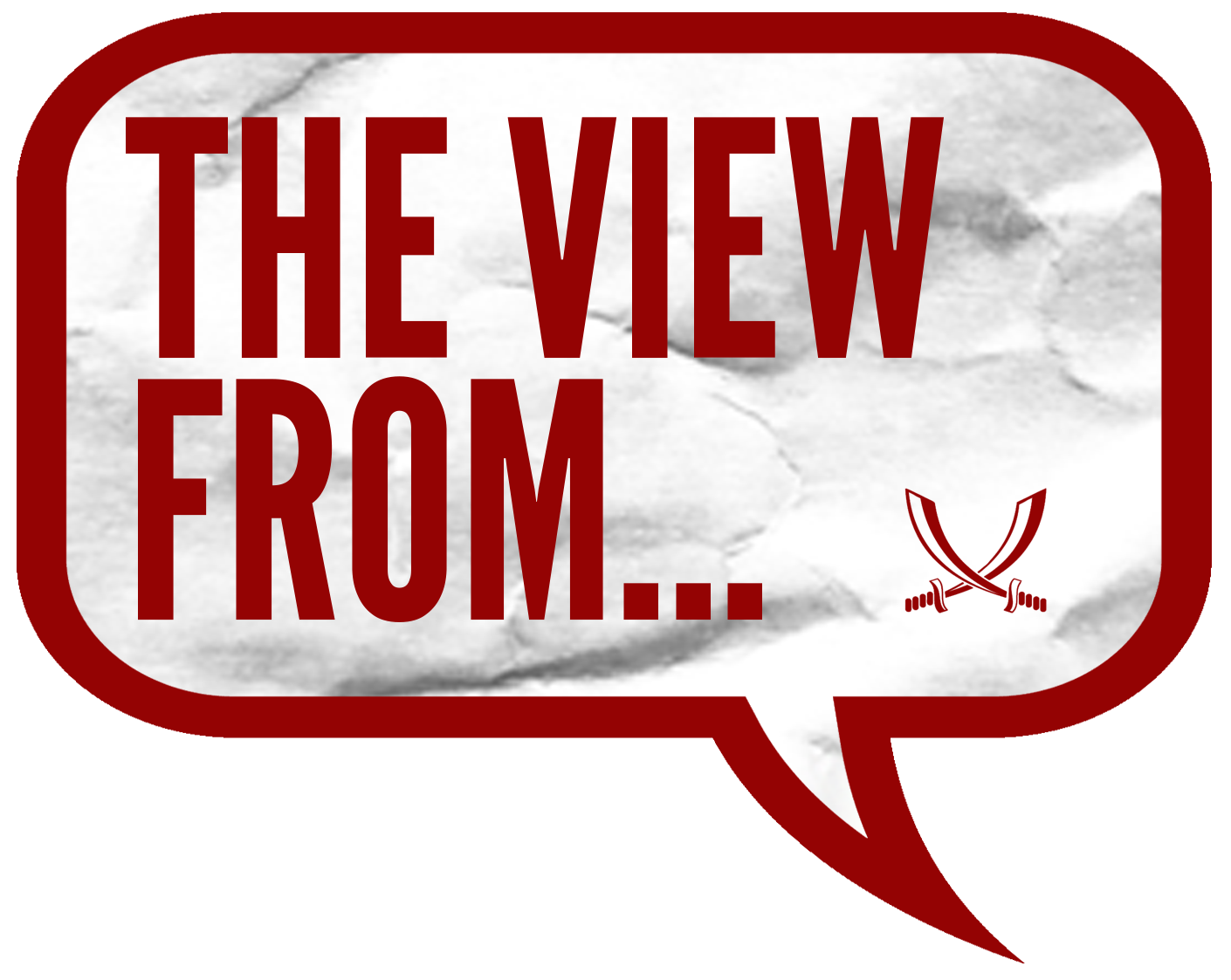Here’s a clear breakdown of the mental states and emotional undercurrents shown across those comments. They aren’t uniform — they swing between bravado, dread, hope, resignation, and rivalry-driven psychology.
Mental States Displayed in the Comments
1. Defensiveness & Pre-emptive Justification
Many comments downplay the importance of losing before the match happens — a classic defence mechanism.
“If we lose, we’re not too down about it.”
“It won’t make a difference to our season.”
This signals fear of disappointment, masked by rationalisation.
2. Anxiety & Dread
Despite the bravado, several posters express the familiar derby-day knot in the stomach.
“I hate these games.”
“The old derby dread is creeping in.”
This is anticipatory anxiety about humiliation, the result, and the emotional stakes.
3. Inferiority Mixed With Defiance
Acknowledge being the weaker team… but won’t give up the emotional fight.
“We are sitting ducks.”
“We’ve hit rock bottom.”
BUT also:
“We could nick it.”
“Our lads will run through brick walls.”
This is a blend of low expectations and resilient pride.
4. Triumphalism About the Future
Many comments latch onto the idea that new owners will save the club and shift the “balance of power.”
“Our day is coming soon.”
“They’re scared of our resurgence.”
This reflects hope, but also fantasy-driven coping to alleviate present pain.
5. Projection onto United Fans
A lot of the commentary involves telling United fans how they must be feeling.
“We can sense your fear.”
“They’re bricking it.”
This is projection — assigning one’s own anxieties to the rival to regain psychological control.
6. Rivalry-Fuelled Aggression & Insults
Name-calling (“piggies”, “porcine scrubbers”) indicates:
tribalism
hostility
emotional displacement
Typical of high-stakes local derbies.
7. Hope as a Coping Mechanism
A recurring theme is clinging to long-term optimism despite short-term gloom.
“We’re loading our bolt.”
“This is the last time they get to lord it over us.”
This is hopeful reframing to counter feelings of helplessness.
8. Resignation With Flecks of Faith
Some accept the likely defeat but still want the dream alive.
“They’ll win.”
“But I’ll dream of a win.”
This is resigned realism mixed with emotional loyalty.
9. Desire for Bragging Rights Despite Circumstances
Even fans claiming it’s a “hollow victory” also admit:
“A derby win is a derby win.”
This is cognitive dissonance — simultaneously downplaying and craving the same outcome.
In Summary
These comments portray a complex mix of:
Anxiety
Defensiveness
Projection
Rivalry-driven hostility
Resignation
Hope & future idealisation
Defiant pride despite weakness
Cognitive dissonance
Emotionally, it’s exactly what you’d expect from a fanbase at its lowest ebb staring down the derby:
fear of losing, hope of a miracle, and the need to reclaim psychological power through humour, bravado, and imagining a better future.

roysviewfrom.com


